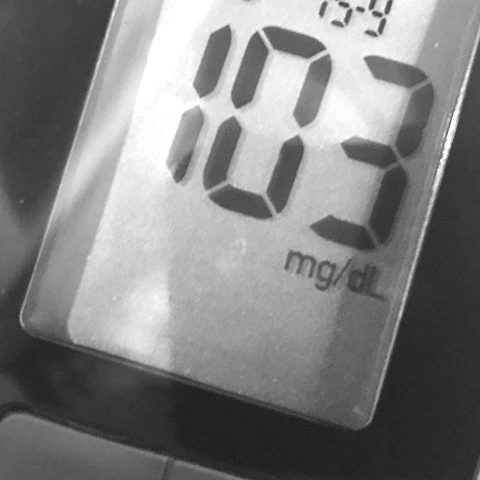
Dietary Approach for Type-2 Diabetes
Diabetes is most prevalent and silent diseases across the globe. It is a serious metabolic disease that is caused by a combination of unhealthy lifestyle, poor diet and genetics. When combined with other diseases or infections, diabetes make the matters worse.
There are two kinds of diabetes – Type 1 and Type 2. In Type 1 diabetes our body cannot make insulin naturally. So person suffering for diabetes has to take insulin externally, making it incurable. Type 2 diabetes that affects 90% of all diabetics is caused by metabolic disorder of insulin resistance. Insulin resistance means that our body’s sensitivity to insulin is reduced . This results in spike of sugar in bloodstream.
Since the symptoms of Type 2 diabetes are not noticeable, adults over the age of 50 should have their blood sugar levels tested several time each year. Usually, people with Type-2 diabetes use medications and lifestyle changes to manage their blood sugar levels.
Diabetes is a lifestyle disorder and therefore, I want to share an overall dietary approach to manage Type 2 diabetes.
- A balanced diet containing right proportion of carbs, fat, protein and fiber is the key to manage diabetes.
- Eating soluble fiber lowers the blood sugar levels. Soluble fiber is mostly found in fruits, vegetables, grains and lentils. Eating high-fiber vegetables in form of salads 30 minutes before lunch helps in preventing the sugar spikes post meal.
- It is important to maintain protein level in the body through consumption of nutritious protein. For vegetarians, foods like Soya, Paneer, legumes, lentils and Diary Products are good sources of protein.
- Cut down on carbohydrates, since carbohydrates get converted into sugar during the digestion process. Complex carbs (also known as good carbs) found in grains like Jowar, Bajra, Jaun, Ragi apart from fruits, vegetables, dairy products and pulses are good source of nutrition for diabetics. Simple carbs found in breads, rice, pasta, maida, juices, processed food and starchy vegetables should be avoided.
- Healthy fats such as poly-unsaturated and mono fats found in vegetable oils, nuts, fish and avocado helps.
- Consumption of Garlic and cinnamon is also beneficial for managing blood sugar levels.
- Diabetics should eat small and frequent meals every two to three hours to ensure optimal blood sugar levels.
- Stop all processed sugar, packaged and processed foods.
These are very generic guidelines that helps with managing diabetes, however it is also important to consult doctors at the right time, take medications if prescribed and follow an overall healthy lifestyle including diet, exercises and stress management.
